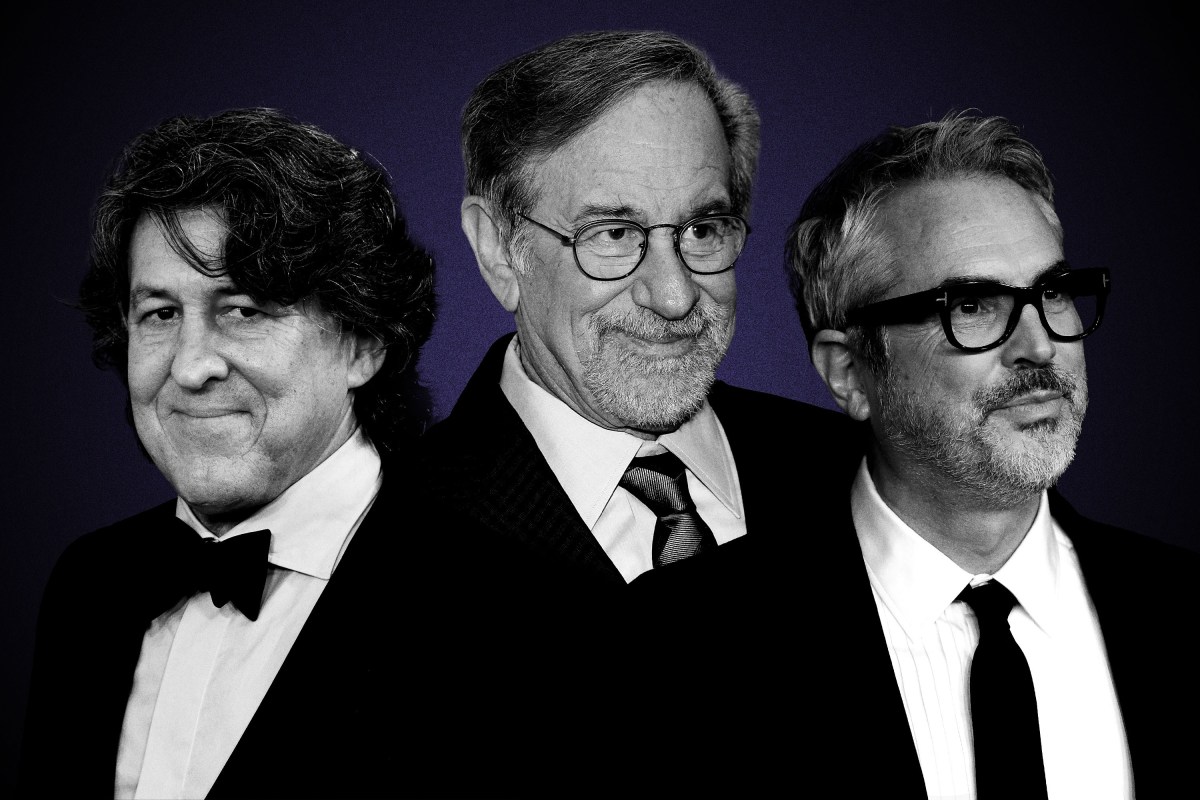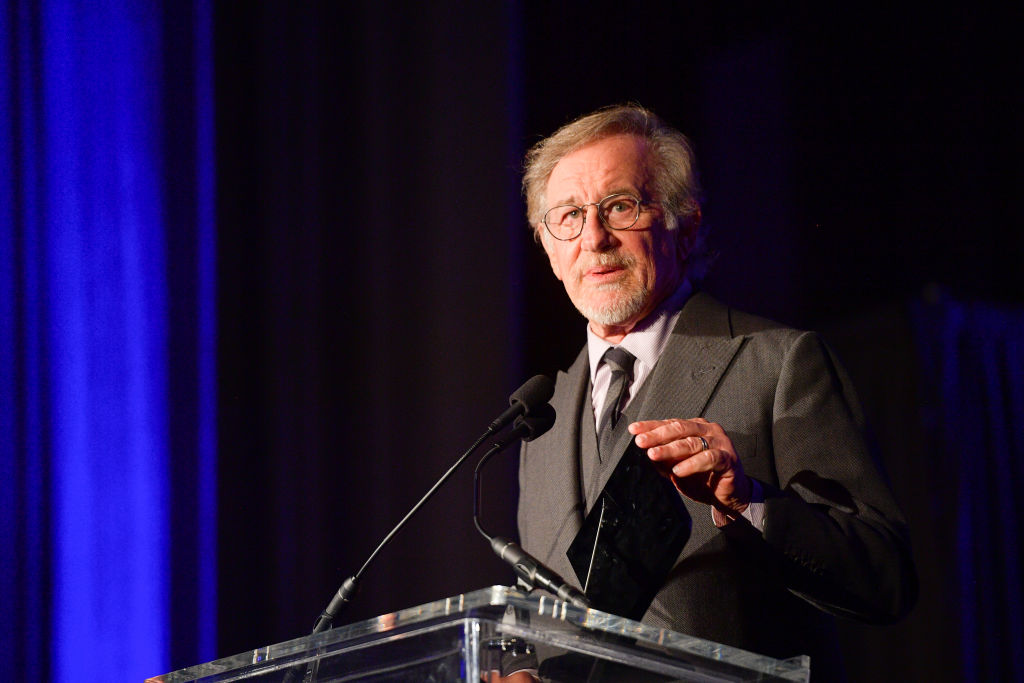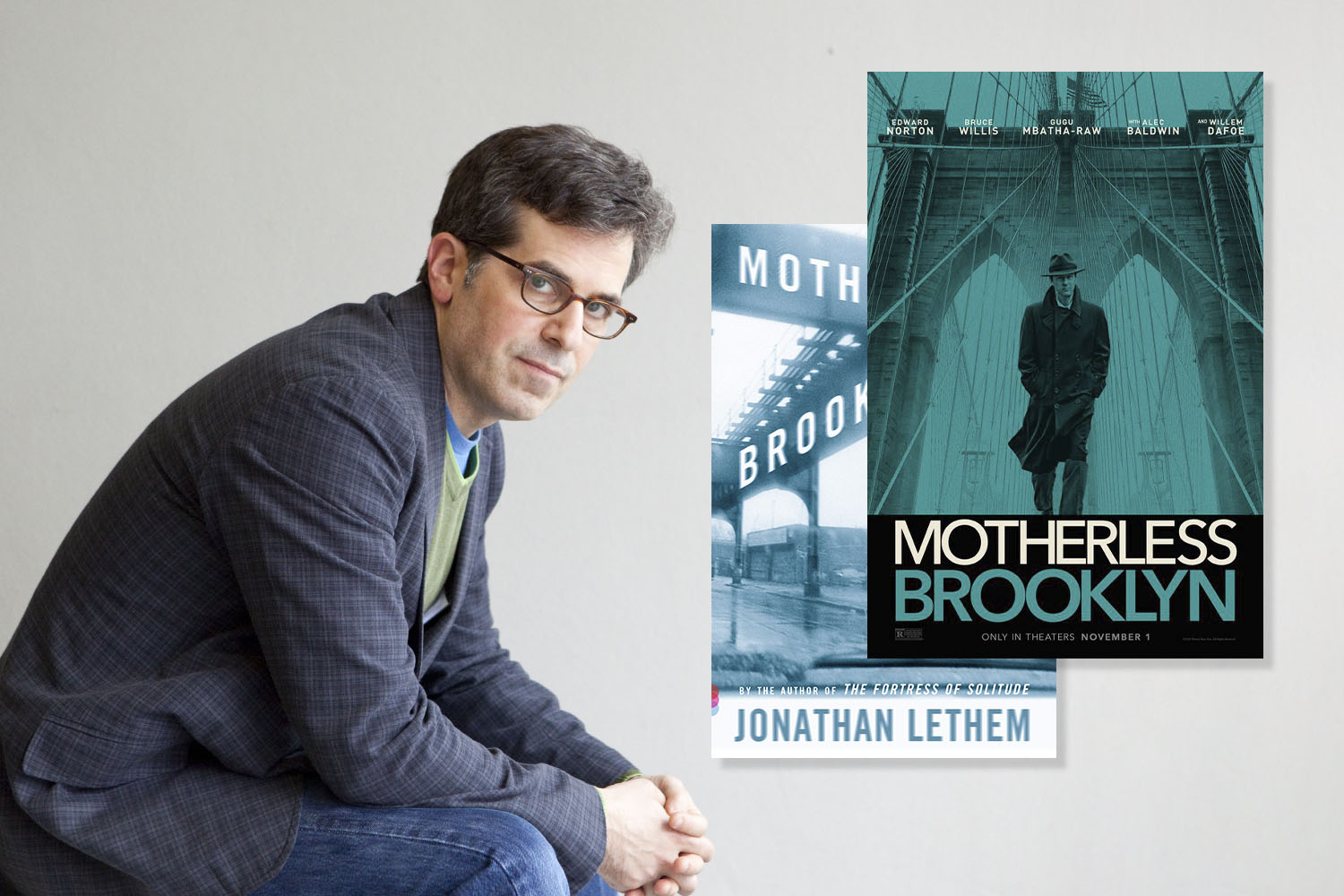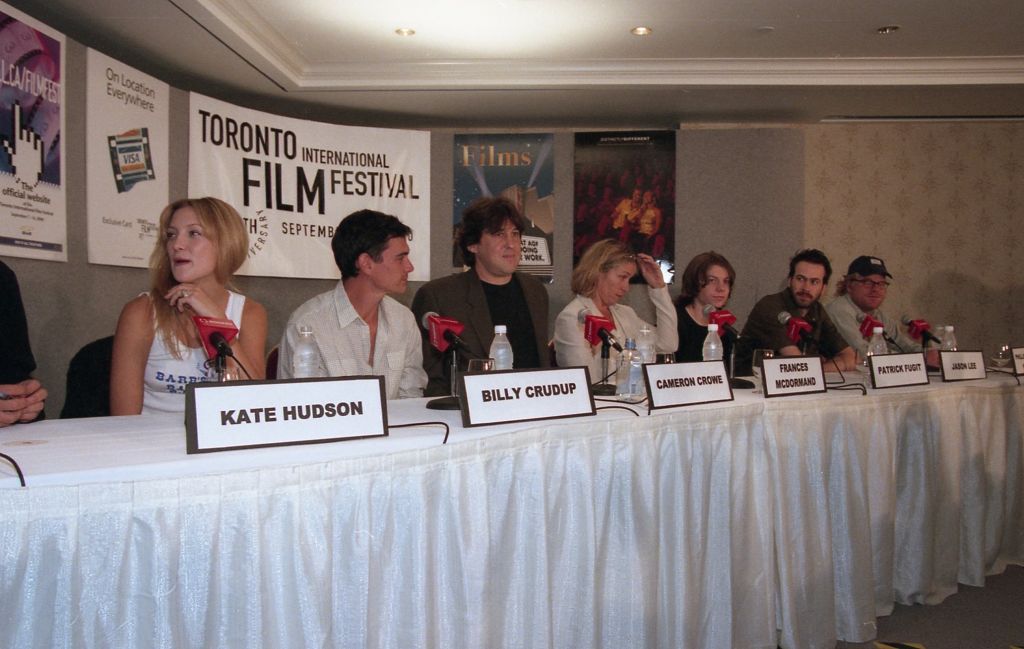Earlier this week, it was announced that Steven Spielberg’s follow-up to his forthcoming version of West Side Story will be an as-yet-untitled film that is loosely based on his childhood in Arizona. Deadline reports that Michelle Williams is in negotiations to star in “a major role inspired by his mom but with a separate and original voice.”
The key there is “separate and original.” Directors have mined their own pasts for inspiration for just about as long as people have been making movies, but while some have boldly opted to simply direct their own biopics (as Madonna is slated to do), that raises concerns over whether we’re getting the truth. Most filmmakers instead tend to tell their own life stories through the lens of distinct, original characters in semi-autobiographical works. It allows them to make sense of their own lives while keeping it at arm’s length and tweaking the narrative as they see fit, exaggerating a detail here and there for dramatic effect or combining several people into a composite character in the interest of concise storytelling.
Anyone familiar with Spielberg’s work knows, of course, that pretty much all his movies are about his childhood to some degree. (Go ahead and count how many of them feature an absent or distant father.) But this is the first time that he’s made a film explicitly about his own life, and while directors making movies about themselves can often result in cringe-worthy self-adulation, we’ve got plenty of reason to be optimistic that he can pull it off. Many others before him have attempted to effectively capture their formative years, and some even wound up making the best films of their careers by doing so. These 10 directors are proof that the semi-autobiographical movie shouldn’t necessarily raise any red flags.
Cameron Crowe, Almost Famous (2000)
Cameron Crowe’s Almost Famous features the fictional music journalist William Miller touring with the fictional ’70s rock band Stillwater, but it’s based on his experiences writing for Rolling Stone as a teenager, and Frances McDormand’s Elaine — who steals just about every scene she’s in — is based on his mother Alice, though she apparently initially found the character her son had written to be “a little shrill.” It’s a love letter to a particular era of rock music, but it also looks back fondly at that particular time in life when you’re just starting to figure yourself out. Read about how it inspired a generation of music journalists here.
Richard Linklater, Dazed and Confused (1993)
Richard Linklater drew on his own high-school experiences as a football player with a distaste for authority when he crafted the character of Randall “Pink” Floyd for his classic coming-of-age comedy Dazed and Confused, but the name bore more of a resemblance to one of his other high-school classmates’. In 2004, Linklater was sued for defamation by Richard “Pink” Floyd, Andy Slater and Bobby Wooderson over the way they say they were portrayed in the movie. The suit was eventually dismissed, but it’s a good reminder to future filmmakers: when in doubt, change the names.
Mike Mills, Beginners/20th Century Women (2010/2016)
Beginners is inspired by director Mike Mills’s father, who came out as gay at the age of 75 after 44 years of marriage and the death of Mills’s mother from cancer in 1999. It’s a lovely story about fathers and sons and exploring your authentic self late in life, and it features a tour-de-force performance from Christopher Plummer that earned him an Academy Award for Best Supporting Actor. Years later, Mills made another heartfelt ode to his family, basing 20th Century Women‘s Dorothea and Abbie on his mother and sister, respectively.
George Lucas, American Graffiti (1973)
This coming-of-age classic is based on George Lucas’s teen years in Modesto, California, in the early 1960s — long before he took us to a galaxy far, far away. In addition to working his Wolfman Jack fandom into the film, the director based the characters of Curt Henderson, John Milner and Terry “The Toad” Fields on himself at various stages in his life. (The Toad represents his time as a nerdy freshman, while Milner depicts his teen street-racing years and Henderson serves as a stand-in for college-aged Lucas.)
Alfonso Cuarón, Roma (2018)
Alfonso Cuarón has touched on elements of his childhood in other films, working in absent fathers or other personal details here and there, but 2018’s Roma was his most directly autobiographical, inspired by the dissolution of his parents’ marriage and the life of the indigenous live-in nanny who largely raised him. It’s a fascinating exploration of race and class in 1970s Mexico, and it earned plenty of accolades, including an Oscar for Best Foreign Language Film.
Noah Baumbach, The Squid and the Whale (2005)
Baumbach’s tale of about a literary couple in 1980s Brooklyn going through a messy divorce offers a hard look at the effects the split has on their two sons, played by Jesse Eisenberg and Owen Kline. And while the parents, played by Jeff Daniels and Laura Linney, are flawed to say the least, the film doesn’t let the kids — especially Eisenberg’s character, who is a stand-in for Baumbach himself — off the hook either. “I actually got more interested in kind of taking myself to task and being more critical of how I behaved back then,” he told NPR that year.
Bob Fosse, All That Jazz (1979)
All That Jazz is full of surreal dream sequences, appearances by the Angel of Death and the types of elaborate musical numbers you’d expect from the legendary choreographer/director. But through it all, it’s obvious that it’s based on Fosse’s experience editing his film Lenny while simultaneously staging the musical Chicago on Broadway in 1975, pushing himself to the brink physically in the process. (In All That Jazz, those two massive projects are renamed The Stand-Up and NY/LA. Subtle.) It’s a trippy spectacle and an interesting character study, but it’s also a warning not to spread yourself too thin.
François Truffaut, The 400 Blows (1959)
The 400 Blows is one of the defining films of the French New Wave, and it’s rooted in the childhood experiences of Truffaut and his friends (including his best friend, the critic Robert Lachenay, who served as the inspiration for the René Bigey character). It also depicts Truffaut’s love of cinema and the way movie-going provided an escape from a rough childhood for both him and his lead character, Antoine.
Federico Fellini, Amarcord (1973)
Fellini himself bristled at calling films like Amarcord — which inspired Roger Ebert to dub him “the Willie Mays of movies” — autobiographical. (“To say that my films are autobiographical is an overly facile liquidation, a hasty classification,” he said in a 1980 interview with Panorama. “It seems to me that I have invented almost everything: childhood, character, nostalgias, dreams, memories, for the pleasure of being able to recount them.”) But Amarcord is nonetheless rooted in his adolescent experiences growing up under Mussolini-era fascism in 1930s Italy.
Lee Isaac Chung, Minari (2020)
We’re still a few days away from the announcement of this year’s Oscar nominations, but Lee Isaac Chung’s semi-autobiographical Minari is sure to be a contender. It’s a moving story about a South Korean family of immigrants struggling with their own American Dream in rural Arkansas, and it’s based on Chung’s childhood growing up on a farm. Writing it was so close-to-home for him that he didn’t even tell his parents about it until it was almost done. “I didn’t even tell them that I was making this film until I was in the editing room with it after I had shot it, because I was just so scared about what they would say,” he recently told the Los Angeles Times.
This article appeared in an InsideHook newsletter. Sign up for free to get more on travel, wellness, style, drinking, and culture.
























